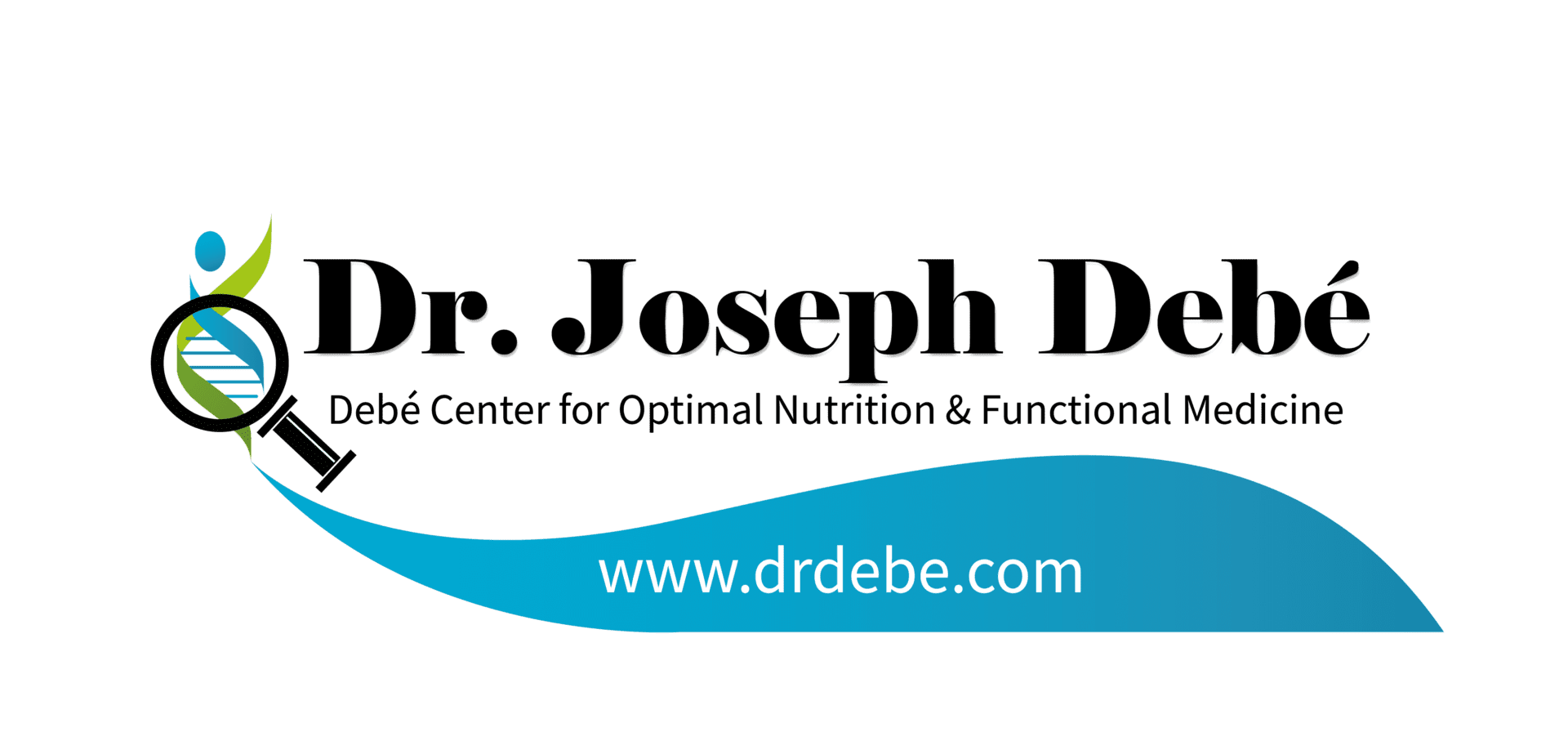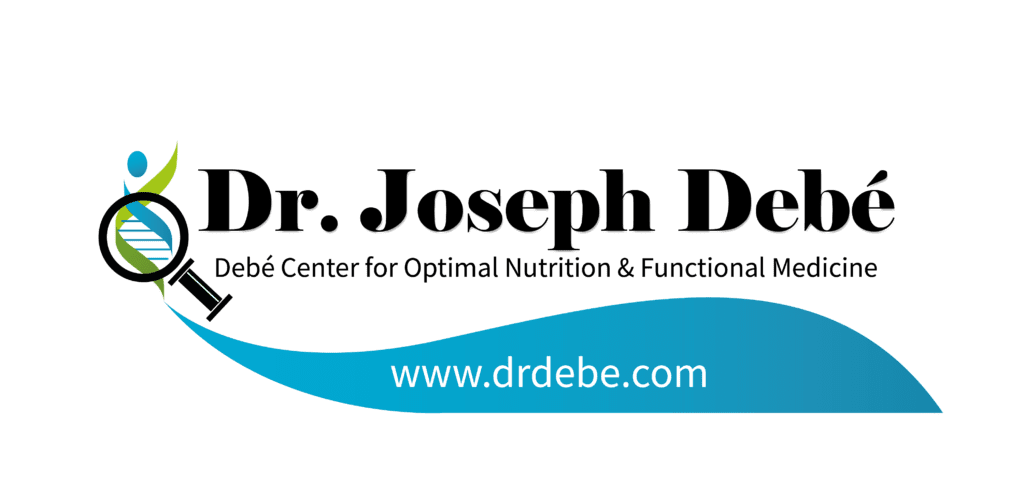by Dr. Joseph Debé
Last month, I discussed the health effects of the different classifications of fat: saturated, monounsaturated and polyunsaturated. The food sources of these fats were also covered. However the story does not end there. Without some additional distinctions, the use of beneficial dietary oils has the potential to be more devastating to health than the “bad” fats. In addition to knowing which fatty acids are contained in a fat, we need to know: if the plant or animal source was raised “organically”, how the fat or oil was processed and stored, how old it is, and how it was used in the final food preparation. All of these factors have a profound impact on the way a fat or oil will influence health.
The best way to obtain the beneficial plant oils is by eating fresh raw seeds and nuts. In this way, the fatty acids are undamaged by oil extraction techniques and storage time, and the fiber, protein and carbohydrates they contain are also obtained. Some good food choices for the essential fatty acids are raw sunflower and pumpkinseeds, walnuts, and freshly ground sesame and flaxseeds. Fresh cold-water fish are an excellent source of the essential fatty acid derivatives EPA and DHA. “Farm raised” fish are inferior. Overcooking damages these unstable fatty acids.
Properly processed vegetable oils are the next best thing to the whole foods that contain them. Proper oil processing is the exception.
OIL PRODUCTION
Plant oils can be extracted in several different ways, and often undergo additional processing. The vast majority of oils manufactured today are rendered toxic by refining techniques. Oil processing techniques are designed to be economical. To increase shelf life, beneficial essential fatty acids, vitamins, minerals, phospholipids, chlorophyll, antioxidants, and other phytochemicals are removed. The oils are exposed to light, oxygen, and excessive heat, all of which cause oxidation and therefore damage to the oil and to us if we consume it! Toxic lipid peroxides, trans fatty acids, and other unnatural compounds are formed in the oils by routine processing and refinement. Chemical solvents are also added. With the exception of virgin olive oil, virtually every oil sold in supermarkets has been produced by way of these toxin-producing methods. We are being poisoned!
Only a few companies produce oils in a way that does not harm them. Light, heat, and oxygen all damage oils and therefore must be excluded. Additional refining techniques must also be avoided.
STORAGE
Light, heat, and oxygen must again be avoided. Oxygen must be flushed from the bottle in which the oil is packaged. Light causes 1,000 times faster breakdown of the oil than oxygen does and, therefore, the bottle needs to be opaque. How many opaque oil bottles do you see in the supermarket? The bottle should be imprinted with an expiration date. The oil should be kept refrigerated and sealed between uses.
HYDROGENATION
Hydrogenation is a process whereby hydrogen gas is added to unsaturated plant oils under extreme heat and pressure in the presence of a metal catalyst. The purpose of this is to make the oil more solid at room temperature and to prolong the shelf life. Hydrogenation causes the oil to become more saturated and changes the shape of the fatty acid from what is called the “cis” to the trans configuration. These trans fatty acids are very destructive to the body. They interfere with essential fatty acid metabolism. They increase LDL cholesterol and lipoprotein (a) and decrease HDL, all of which contribute to heart disease. Trans fatty acids have also been associated with cancer, diabetes, immune deficiency, lowered testosterone in men, low birth weight in children, and impaired detoxification. Today’s average diet supplies 2,000 times more trans fats than were consumed in 1850. Our bodies are not equipped to process them in any quantity. Foods that contain hydrogenated vegetable oils and trans fatty acids include margarine, shortenings, salad dressings, ice cream, fried foods, and most processed and baked goods, including crackers, chips, cookies, cake, and candy. Some European countries have banned trans fatty acids, but there are no restrictions in America. Food manufacturers have realized that consumers are learning of the dangers of partially hydrogenated vegetable oils and are therefore starting to omit “partially hydrogenated” and only use the words “vegetable oil” on labels of ingredients. Do your best to avoid all “vegetable oils” in prepared foods. They are more harmful than saturated fats.
FRYING AND DEEP FRYING
Frying with any fat or oil causes damage to it with resulting production of toxic peroxides. When eaten, these compounds cause damage to cell membranes and are associated with degenerative diseases such as atherosclerosis and cancer. The same chemical properties that give polyunsaturated fatty acids healthful qualities also make them unstable. They should only be consumed raw. If you insist on frying, butter, olive, sesame, or coconut oils are the best choices because they are most heat resistant.
Polyunsaturated fatty acids are very susceptible to free radical damage in the body. To combat this, one should supplement with d-alpha tocopherol, tocotrienols, and other antioxidants. In summary, dietary fats have the potential to either enhance or destroy health. Armed with the facts, you can make the right choice.

